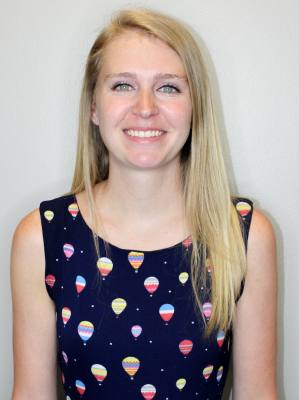Sugar Land will open applications June 10 for those interested in applying for the Complete Count Committee.
This committee, the creation of which is encouraged by the U.S. Census Bureau, will promote participation in the 2020 census, Sugar Land Long-Range Planner Ruth Lohmer said during the June 4 City Council meeting.
“These are people that are going to be trusted leaders and voices in the community,” Lohmer said.
The 15- to 20-person committee will be an all-inclusive group that addresses various racial, ethnic, cultural and geographic considerations of the community, Lohmer said.
Together, they will plan and implement outreach campaigns that raise awareness about the census.
The group will ideally include two or three representatives from the following communities in Sugar Land: faith based, community and nonprofit, school district and education, business and employment, and additional at large members, Lohmer said.
“Specifically for Sugar Land, having good census data is important because we use the demographics and population for planning purposes, not just in the planning department but across our organization and across the community,” she said.
Technology will make it easier than ever to respond to the census as this is the first time anyone will be able to respond online. People will also still have the option to respond by mail or phone.
City staff has been preparing for this since 2017 by looking at the address list and at geographical boundaries in Sugar Land.
“We want to make sure the census has a complete and accurate address list for every household in Sugar Land so that every household receives a survey and ... [gets] it back to the Census [Bureau],” Lohmer said.
The committee is slated to form by early August with the application and interview process occurring in the meantime, Lohmer said.
Census day is April 1, 2020. The census is mandated by the Constitution to be conducted every 10 years to establish population and demographic counts across the country.
The census serves as the basis for emergency grant-management applications, regional transportation and mobility improvements, peer cities for comparison and single-member city council districts. It also helps determine congressional seats, redistricting and the distribution of more than $675 billion for housing, education and transportation.





